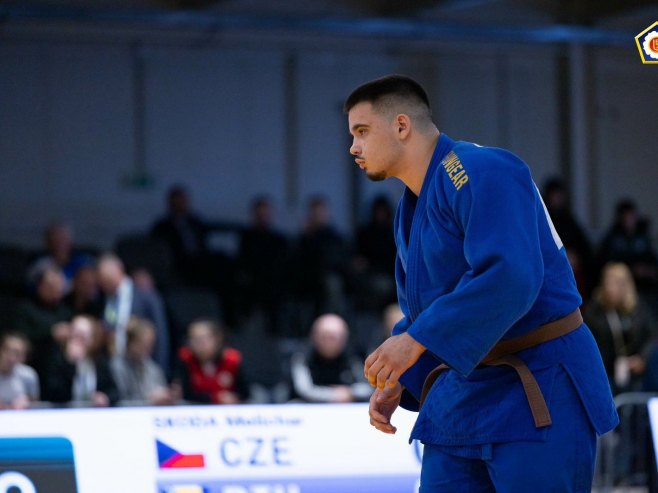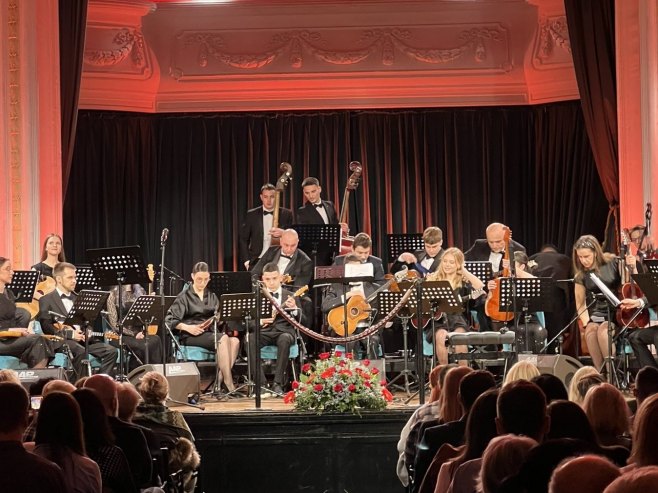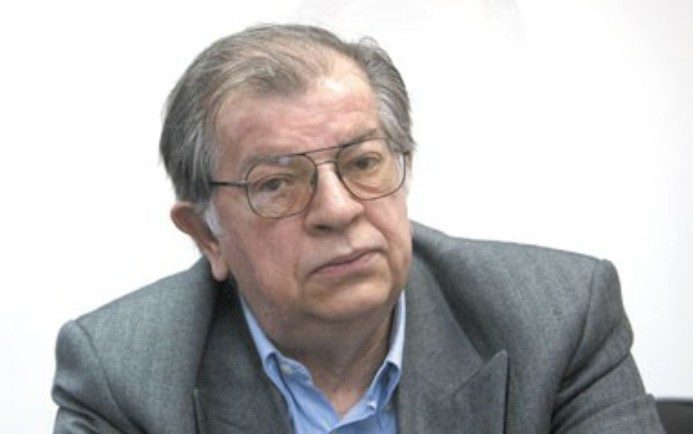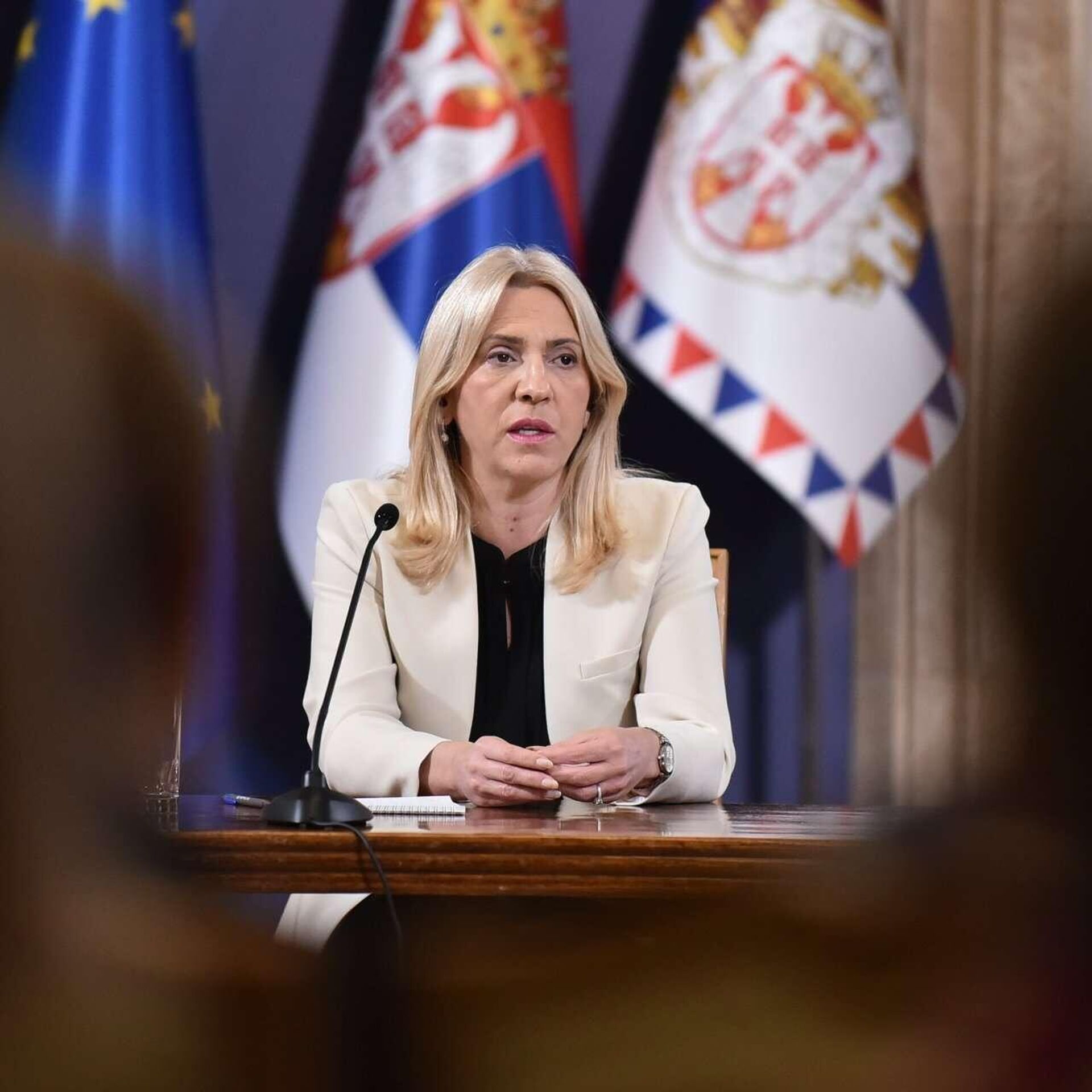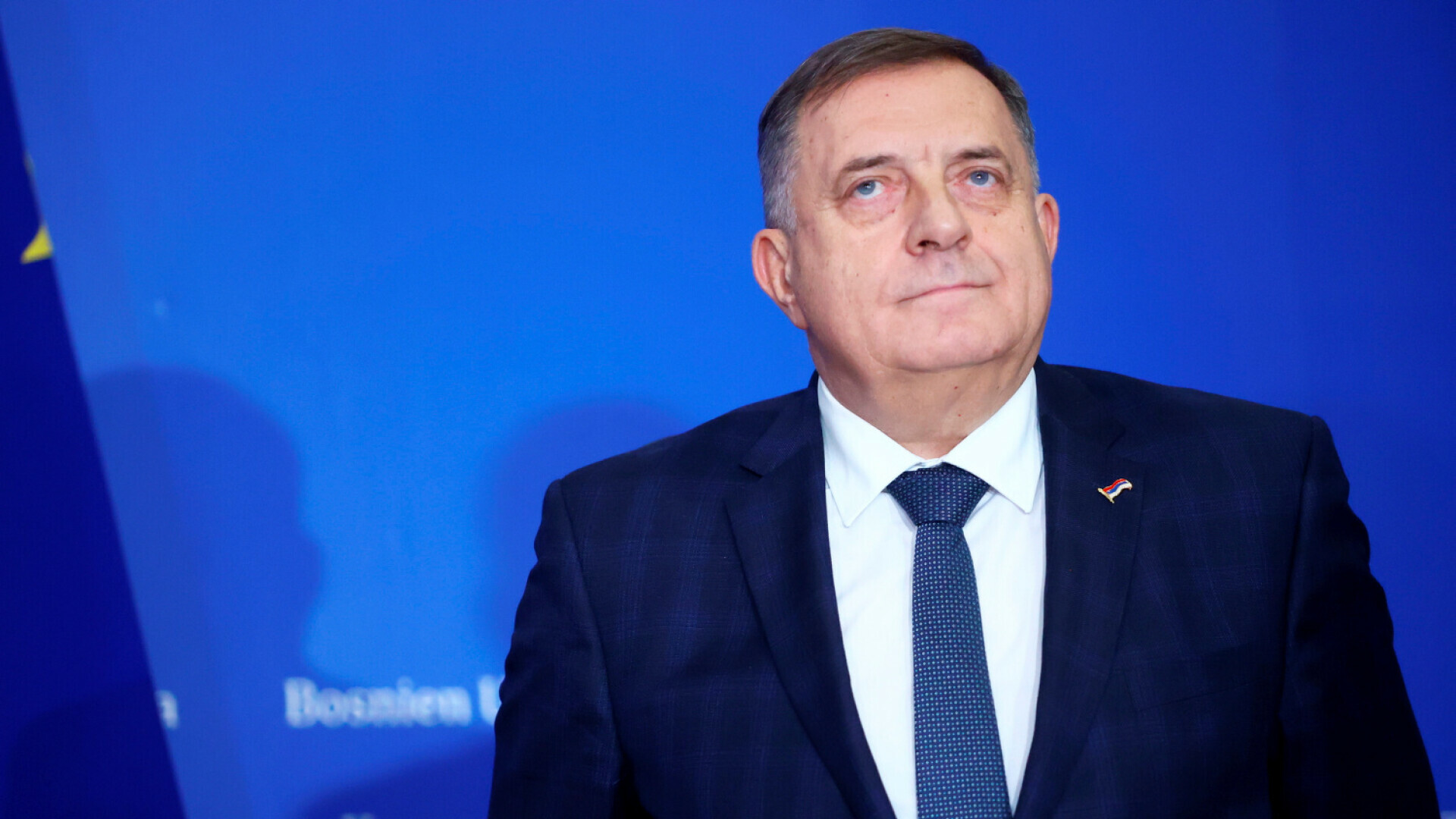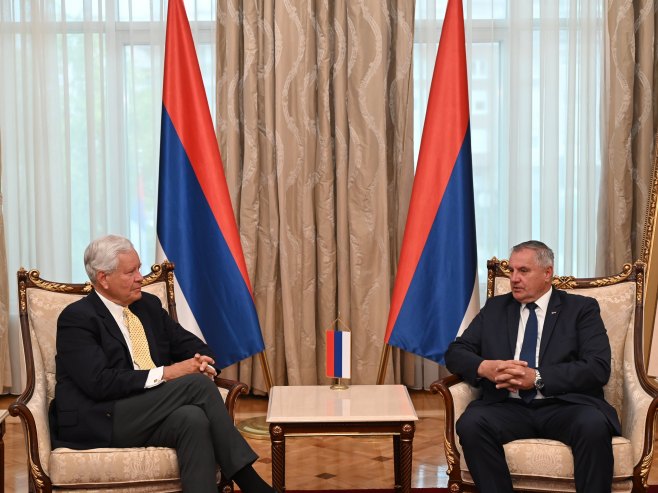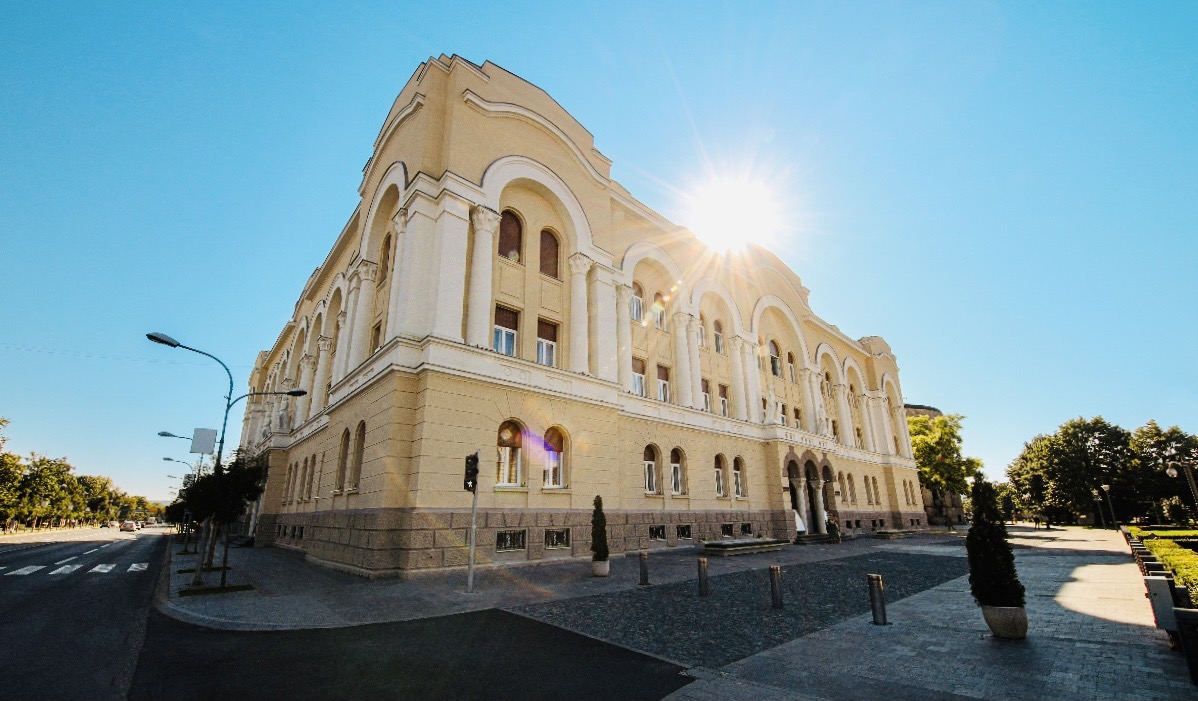The International Criminal Tribunal for the former Yugoslavia delayed addressing Muslim crimes, leaving them to Sarajevo, knowing that the Bosniak judiciary sees “the father of the nation” and the “black pearls” as heroes, not criminals. However, Banja Luka, since neither The Hague nor Sarajevo did so, should not miss the opportunity to condemn the crimes of “the first Bosniak” Alija Izetbegović, stated Professor Nenad Kecmanović.
Kecmanović emphasized that this should be done for the sake of truth, justice, and history.
“For Radovan /Karadžić/ and Ratko /Mladić/ who are serving life sentences. It’s a pity there’s so much evidence. And so that in the end, Serbs would not go to Kovači to pay homage /to Izetbegović/,” Kecmanović told “Politika.”
He highlighted that Alija Izetbegović, by politically discriminating against the other two non-Muslim peoples, particularly the constitutionally equal Orthodox Serbs, provoked a civil war in Bosnia and Herzegovina.
“He shamelessly ignored Serbian opposition to the secession of BiH, not only the legitimate representatives of the Serbian people in the Assembly and the Presidency of BiH but also the Serbian plebiscite in November 1991, where nearly 90% of participants supported the stance of their national leadership,” Kecmanović reminded.
He stated that it was Izetbegović who accepted, then rejected, signed, then withdrew, and participated, only to sabotage.
“Had it not been so, there would have been no war, or it could have been stopped a year, two, or three earlier, which would have saved thousands of lives on all three sides,” emphasized Kecmanović.
Kecmanović pointed out that Izetbegović was also responsible for bringing mujahideen to central Bosnia who committed crimes against Serbian prisoners at Vozuća, the most monstrous during the war in BiH.
“Upon arrival, the mujahideen were integrated into the ranks of the Army of BiH, specifically into its Third Corps under the command of Sakib Mahmuljin, a general of the Army of BiH and the only one at the top of the SDA, thus militarily and party subordinate to Izetbegović. After a final verdict, instead of going to prison, he went for treatment in Turkey to an unknown address,” Kecmanović stated.
He pointed out that, if the crimes of the Army of BiH in the severed parts of the interior of BiH were only under indirect control of Izetbegović, the crimes in the Sarajevo area occurred under his direct control and within the radius of his apartment, office, and mosque.
Kecmanović said that Alija Izetbegović ceremoniously received and awarded those who committed terror against Serbs as “black pearls,” about which, he noted, there are photo documents and thus none of them have been convicted.
“Serb groom Gardović was killed in front of the old Orthodox church in the Old Town by Ćelo, who admitted it, but was acquitted in court. The killers of Professor Najdanović, an SDS MP who was found next to Koševo Stadium, have never been discovered. The investigation into who shot the eight captured JNA officers in Veliki Park has been ongoing for 25 years,” Kecmanović pointed out.
According to him, the most horrific methods of killing Serbs, such as slaughtering and throwing semi-alive victims into the abyss, were relocated outside the narrow urban zone over the pit Kazani.
Kecmanović emphasized that Mušan Topalović Caco, whose recruits were “contractors” over Kazani, was arrested only when he turned against the authorities personified by Alija Izetbegović, who after his death stated that “Caco was both a hero and a criminal.”
“Clearly, a hero while killing Serbs, a criminal when he started some Muslims,” emphasized Kecmanović.
He said that the burden of responsibility for the mass crime in Dobrovoljačka Street falls on Alija Izetbegović, but he was portrayed as a kidnapping victim, so as not to be held accountable.
“He did not find, prosecute, or distance himself from the criminals,” emphasized Kecmanović.
Kecmanović stated that the Serbs did not declare Alija Izetbegović a war criminal even though the chief prosecutor of the Tribunal after his death announced that she had prepared an indictment, and similarly posthumously stated for the former President of Croatia, Franjo Tuđman.
“For Milošević, however, she hurried, and her successors persecuted Karadžić and Mladić as ‘genocidal’ like beasts,” emphasized Kecmanović.
Source: RTRS
